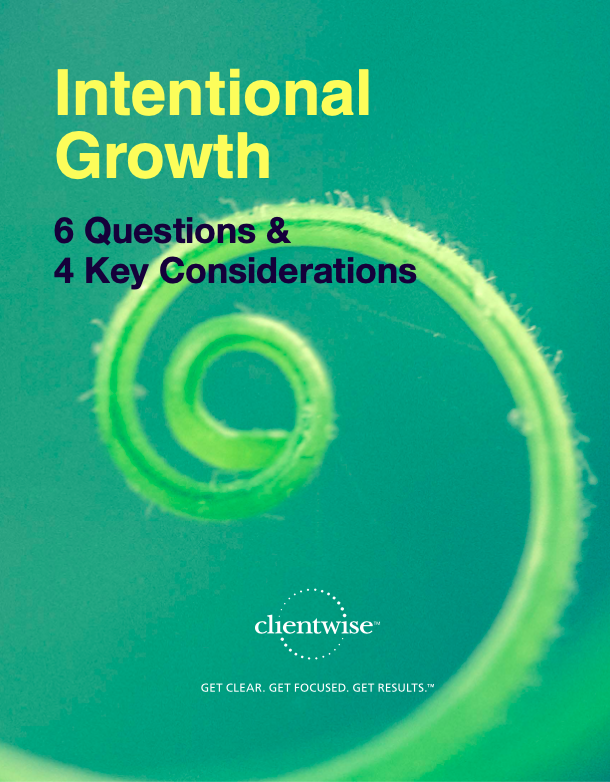
Plan More Strategically
While setting quantifiable goals for the next 1, 3 and 5-year periods is a critical part of the strategic planning process, it's not the entire process. Numbers around revenue, profitability, and net new assets provide a benchmark as to the growth (or decline) of your business, but they don’t offer any guidance on how to get from here to there. It’s also important to define your mission and vision, clarify your core values, conduct a SWOT-ROCS analysis, and then set measurable objectives and key results (OKRs).
Your strategic plan should serve as a guidepost that allows your firm to make the optimal decisions along your journey – even when a multitude of choices are presented. But it’s not a one-time event. You should be reviewing your plan as often as possible – checking benchmarks and timelines, and updating OKRs as circumstances warrant.




















